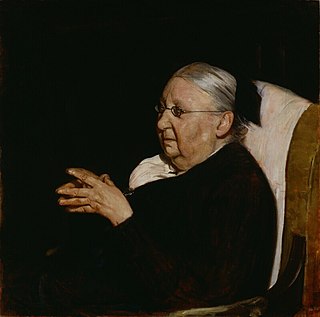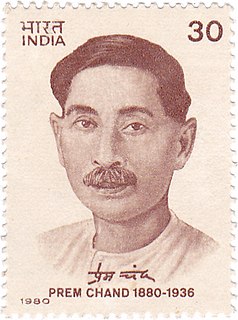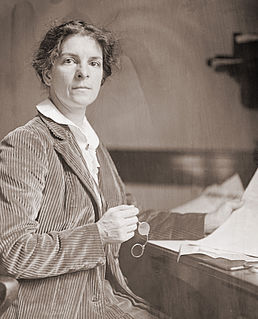A Quote by Mark Twain
The wit knows that his place is at the tail of a procession.
Related Quotes
There was no place in the land where the seeker could not find some small budding sign of pity for the slave. No place in all the land but one - the pulpit. It yielded last; it always does. It fought a strong and stubborn fight, and then did what it always does, joined the procession - at the tail end. Slavery fell. The slavery texts in the Bible remained; the practice changed; that was all.
The good gardener knows with absolute certainty that if he does his part, if he gives the labour, the love, and every aid that his knowledge of his craft, experience of the conditions of his place, and exercise of his personal wit can work together to suggest, that so surely will God give the increase. Then with the honestly-earned success comes the consciousness of encouragement to renewed effort, and, as it were, an echo of the gracious words, 'Well done my good and faithful servant'.
Christmas turns things tail-end foremost. The day and the spirit of Christmas rearrange the world parade. As the world arranges it, usually there come first in importance -- leading the parade with a big blare of a band -- the Big Shots. Frequently they are also the Stuffed Shirts. That's the first of the parade. Then at the tail end, as of little importance, trudge the weary, the poor, the lame, the halt, and the blind. But in the Christmas spirit, the procession is turned around. Those at the tail end are put first in the arrangement of the Child of Christmas.
Petruchio: Come, come, you wasp; i' faith, you are too angry. Katherine: If I be waspish, best beware my sting. Petruchio: My remedy is then, to pluck it out. Katherine: Ay, if the fool could find where it lies. Petruchio: Who knows not where a wasp does wear his sting? In his tail. Katherine: In his tongue. Petruchio: Whose tongue? Katherine: Yours, if you talk of tails: and so farewell. Petruchio: What, with my tongue in your tail? Nay, come again, Good Kate; I am a gentleman.
...a man estimable for his learning, amiable for his life, and venerable for his piety. Arbuthnot was a man of great comprehension, skilful in his profession, versed in the sciences, acquainted with ancient literature, and able to animate his mass of knowledge by a bright and active imagination; a scholar with great brilliance of wit; a wit who, in the crowd of life, retained and discovered a noble ardour of religious zeal.



































